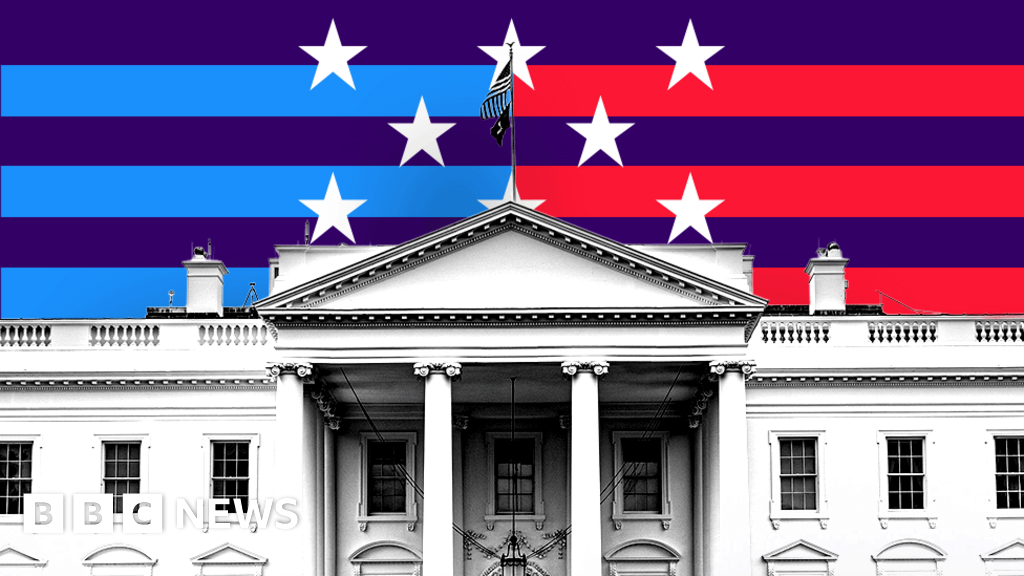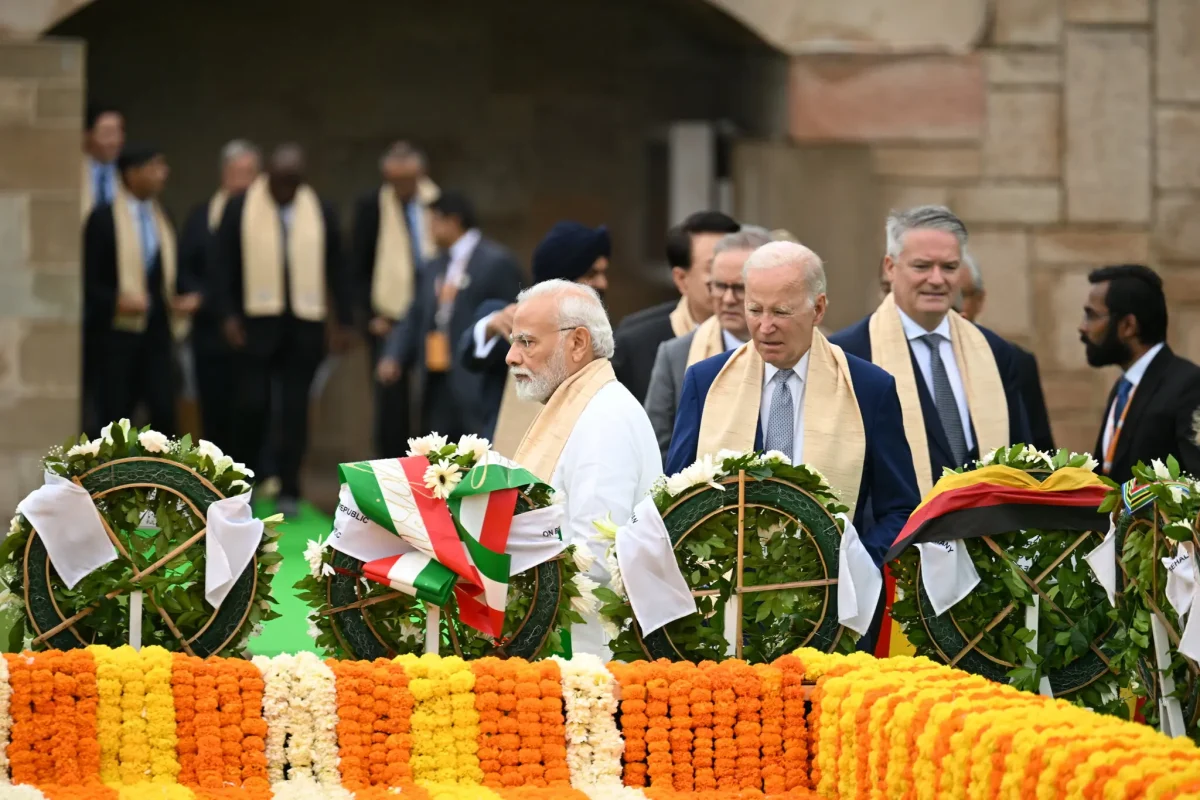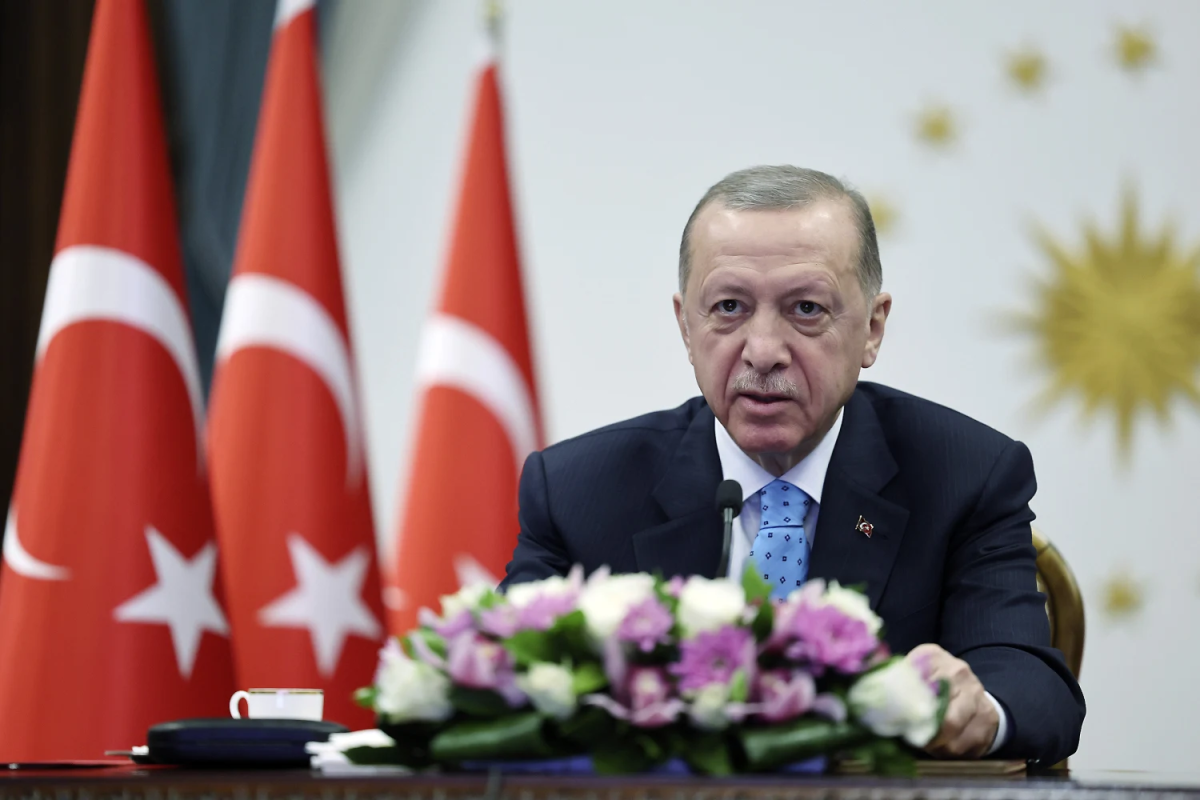For over ten years, China has significant- ly influenced developing nations through trade deals, loans, and infrastructure projects. And the US is viewed with trepidation by developing countries due to past interventions, economic policies, and global trade practices. Filling the vacuum, India is now emerging as a formidable competitor in this sphere. Recent developments, such as India’s achievements at the G20 summit in New Delhi, underscore this shift. India succeeded in brokering a consensus on the Ukraine conflict and achieved the notable addition of the African Union to the G20, marking a significant milestone in its efforts to support developing nations.
India’s growing influence is character- ized by its role as a mediator between Western and other global interests, presenting a contrasting approach to that of China and the U.S. While the U.S. is often criticized for em- phasizing military support over economic aid and China’s Belt and Road initiative has been criticized for leading to excessive debt in some countries, India is promoting a more cooper- ative and less assertive model. By addressing common concerns and advocating for reforms in global institutions, India seeks to position it- self as a preferable alternative for countries that faced negative impacts from past international policies.
Despite its progress, India still encounters considerable challenges. It remains a devel- oping nation with a relatively modest diplomatic presence relative to its ambitions. Addi- tionally, the cur- rent government’s Hindu nationalist agenda and internal instability present obstacles. Nonethe- less, India’s rapidly expanding economy and strategic po- sitioning enhance its ability to exert influence, partic- ularly as Western countries look for allies to counterbalance China’s global influence. India’s recent diplomatic efforts and personal engagements with world leaders reflect its rising role in shaping global affairs.
China’s reaction to India’s growing prominence shows its awareness of the emerging competition. Beijing remains a dominant player in crucial areas such as development finance and infrastructure—essential for retaining its influence among developing nations. Even as China acknowledges India’s ascending role, it remains confident in its ability to maintain its leadership in these sectors. This confidence was evident during recent BRICS summits, where China’s leader, Xi Jinping, received notable recognition, illustrating China’s enduring prominence.
India is leveraging the current geopolitical environment to enhance its global position. By leading the G20 and advocating for the global south, India is building momentum that could reshape its international profile. As India prepares for forthcoming elections and contin- ues to make diplomatic strides, positioning itself as a significant player on the world stage. Its approach provides a potential alternative to the U.S. and China, whose historical policies have sometimes been detrimental to developing na- tions, by focusing on collaborative engagement and mutual advancement.




























